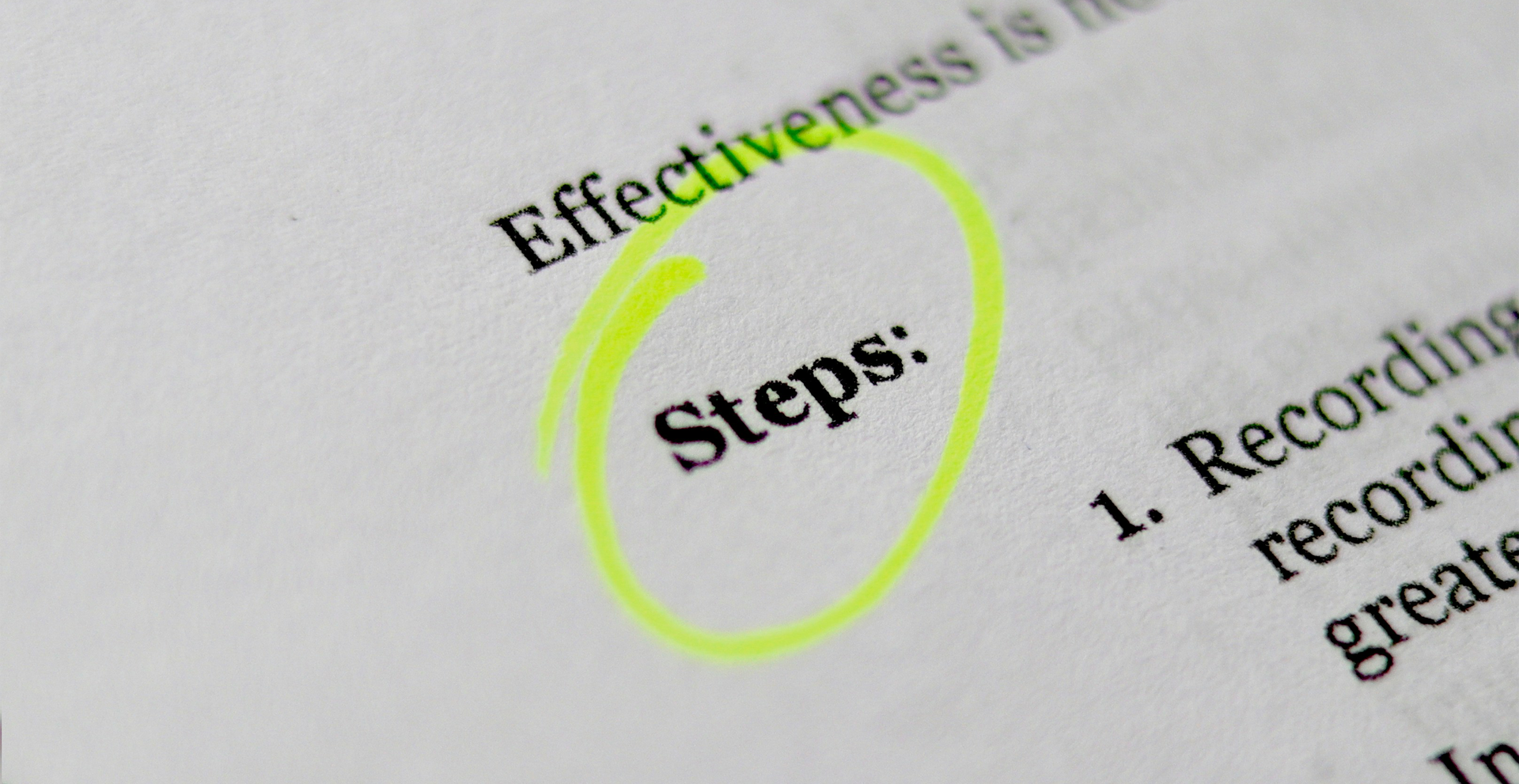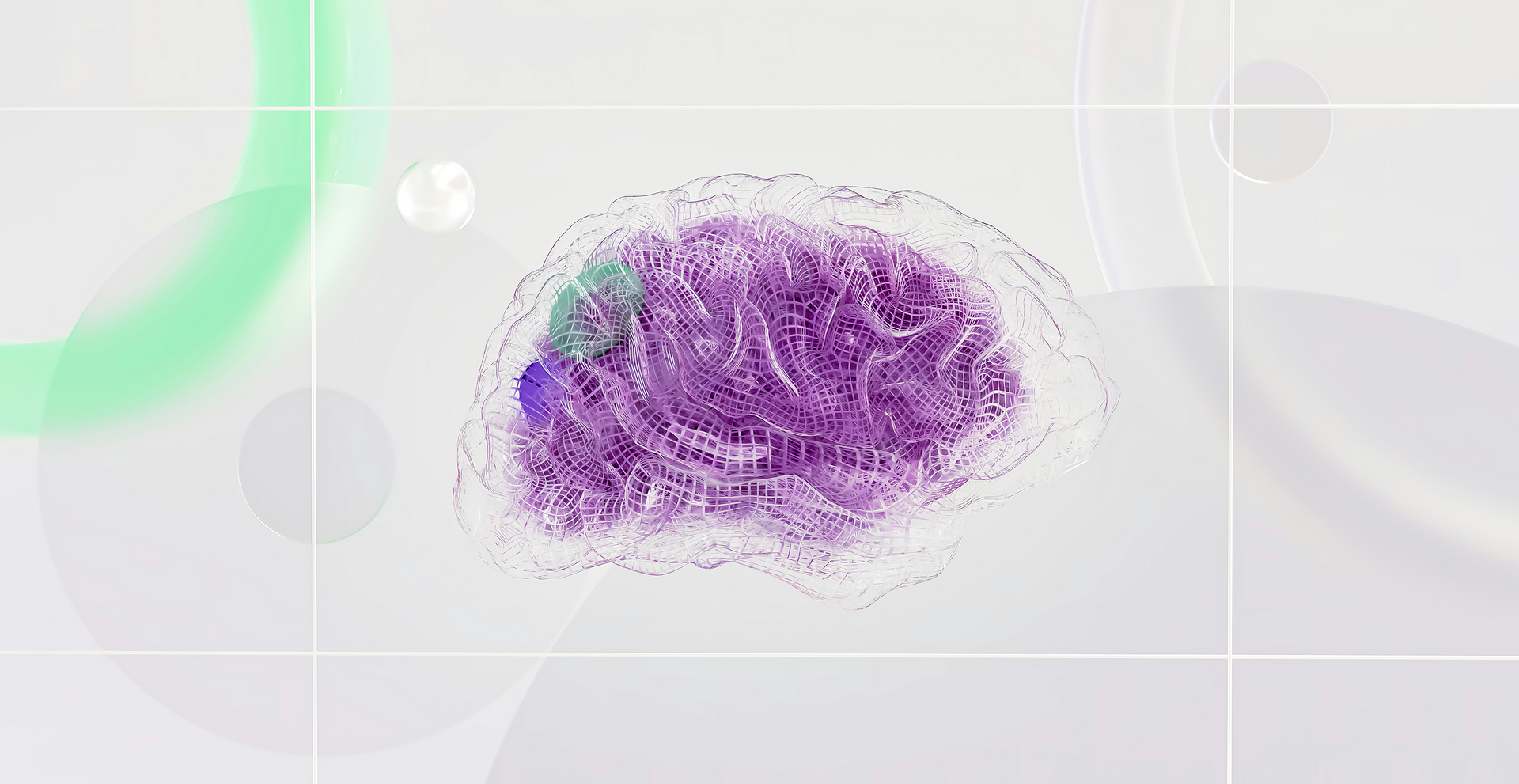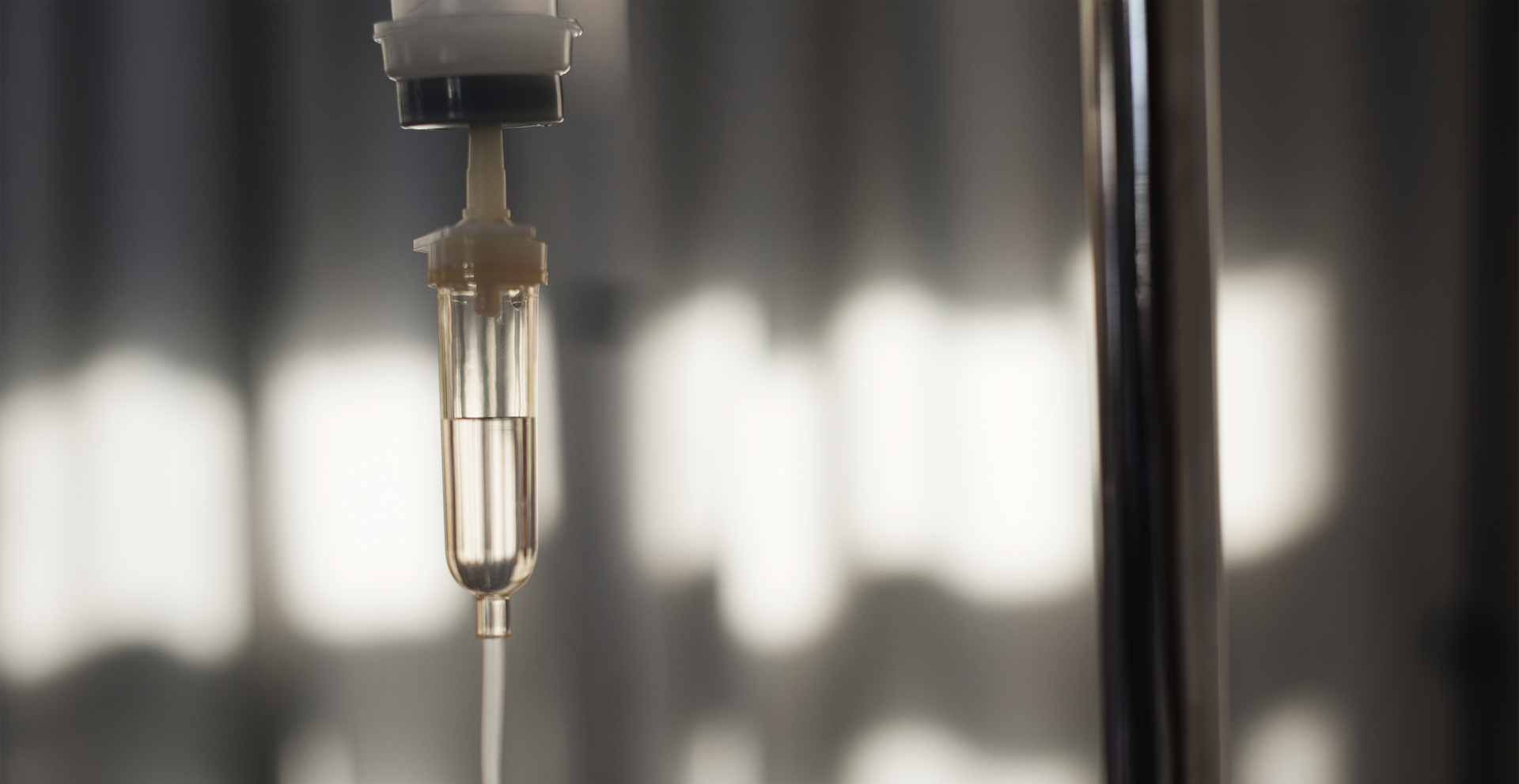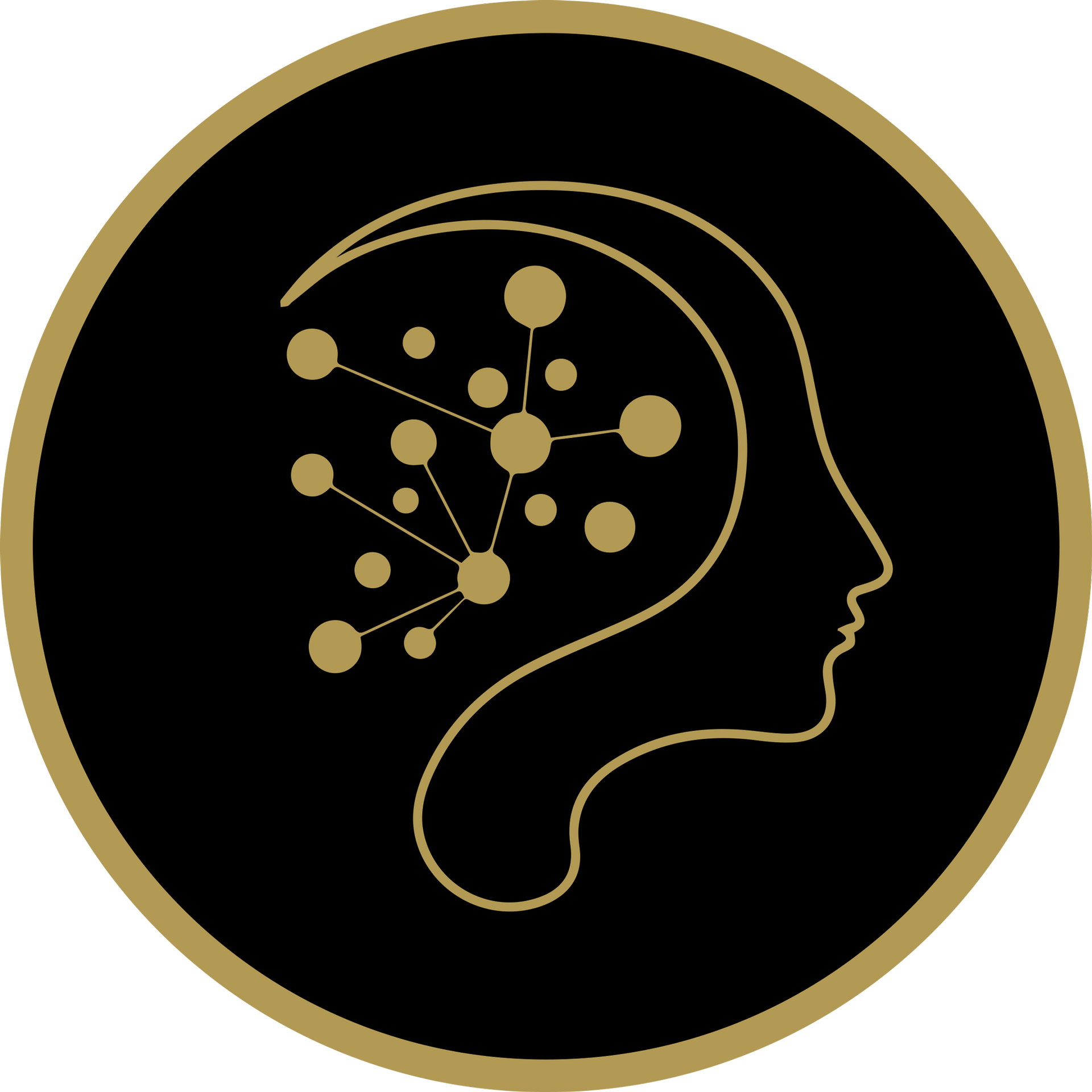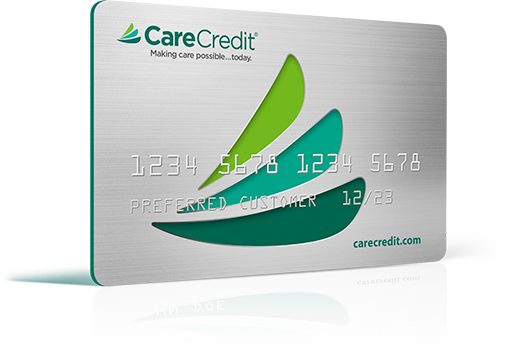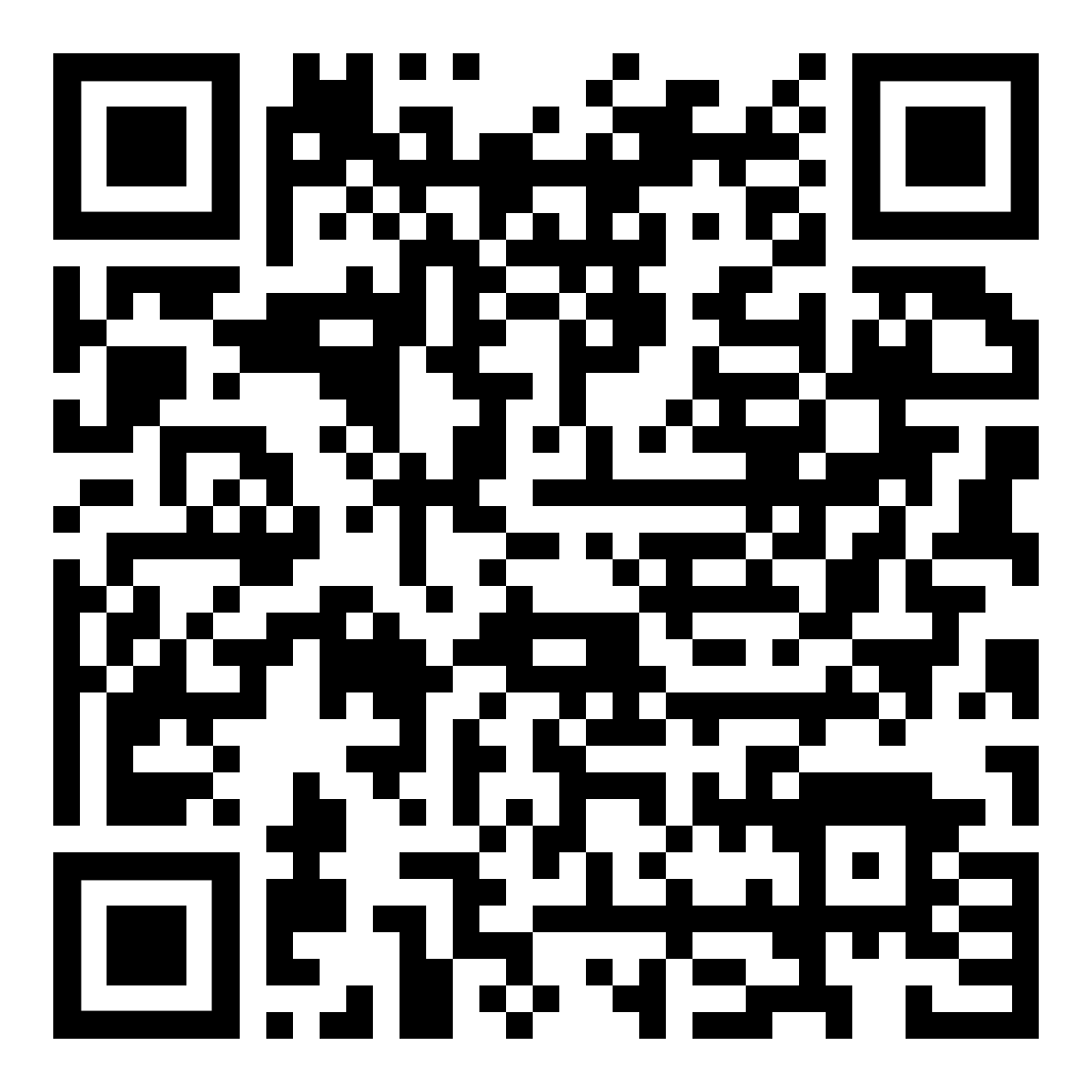Depression Treatment Options for Adults (Beyond The Basics)
In the fast-paced and ever-changing world we live in today, it is not uncommon for adults to experience feelings of anxiety, sadness, or hopelessness. While these emotions are a normal part of life, for some individuals they can become overwhelming and develop into depression.
According to NIH, over 300 million people worldwide suffer from depression, making it one of the leading causes of disability among adults. Despite its prevalence, there is still a stigma surrounding mental health issues that can prevent individuals from seeking help.
Therefore, this blog post aims to provide a comprehensive guide to Fort Myers residents on depression treatment options beyond the basics for adults who are struggling with this condition.
From therapy and medication to alternative methods and lifestyle changes, we will explore various ways that can help manage symptoms and improve overall well-being.
Understanding the Stigma Surrounding Depression in Adults
The stigma surrounding depression in adults often stems from societal misconceptions and lack of knowledge about mental health. It is not uncommon for people to perceive depression as a sign of weakness, a flaw in character, or something that can be overcome by simply "being positive."
This incorrect understanding can lead to judgment and discrimination, causing many sufferers to hide their struggles and avoid seeking treatment. Furthermore, the media often perpetuates harmful stereotypes about mental illness, furthering the stigma and misunderstanding.
It is essential to dispel these misconceptions and promote a more accurate and empathetic understanding of depression, as this can greatly encourage those suffering to seek the help they desperately need.
Identifying Common Symptoms and Warning Signs of Depression
Depression symptoms can vary significantly among adults, but there are key signs to look for. Persistent feelings of sadness, emptiness, or hopelessness are often at the core of depression. Other emotional symptoms might include irritability, frustration, or a loss of interest in activities once enjoyed.
Physical manifestations can also accompany these emotional symptoms. These may include changes in appetite or weight, sleep disturbances (such as insomnia or oversleeping), fatigue, and a lack of energy. Some adults may also experience unexplained physical problems, such as back pain or headaches.
Cognitive symptoms of depression can include difficulty concentrating, making decisions, or recalling details. In more severe cases, recurrent thoughts of death suicide, or suicide attempts can occur.
If you or someone you know is displaying several of these symptoms consistently for two weeks or more, it's crucial to reach out to a healthcare professional. Depression is a serious mental health condition, but with proper diagnosis and treatment, most people can manage their symptoms and improve their quality of life.
Exploring Traditional Treatment Options: Therapy and Medication
The mainstay of depression treatment typically involves a combination of psychotherapy (talk therapy) and medication.
Psychotherapy, also known as talk therapy or counseling, is a treatment method wherein individuals discuss their feelings, thoughts, and behaviors with a trained mental health professional. This treatment modality helps individuals develop coping mechanisms, gain insight into their condition, and find better ways to manage stress and depression.
The two most common types of psychotherapy are cognitive-behavioral therapy (CBT) and interpersonal therapy (IPT). CBT helps individuals identify and change negative thought patterns that lead to depressive feelings, while IPT focuses on improving personal relationships that may contribute to depression.
Exercise has been shown to have multiple benefits for those dealing with depression. Regular physical activity can increase the production of endorphins, often referred to as "feel-good" hormones, which can help to reduce feelings of sadness, anxiety, and depression.
Exercise can also improve your sleep, which is often disrupted by depression, and boost your self-esteem. Activities don't have to be overly strenuous to be beneficial - even light activities such as walking can make a difference.
Medication is another crucial component of conventional depression treatment. Antidepressants can help alleviate the symptoms of depression by affecting the brain chemicals associated with mood.
These medications come in various types, including Selective Serotonin Reuptake Inhibitors (SSRIs), Serotonin and Noradrenaline Reuptake Inhibitors (SNRIs), and atypical antidepressants.
Each of these has different mechanisms of action and potential side effects, and it is essential to discuss these factors with a healthcare provider to find the medication that will be most effective and tolerable for the individual patient.
Despite being effective, both therapy and medication require patience and persistence. It may take several weeks to months before one starts noticing significant improvements in their symptoms.
Moreover, these treatments work best when used in conjunction with lifestyle modifications, such as regular exercise, a balanced diet, sufficient sleep, and reduced alcohol and caffeine consumption.
Remember, treatment plans should always be individualized, considering the patient's specific needs, symptoms, and overall health profile.
Exploring Traditional Treatment Options: Therapy and Medication
An integrated approach to treating depression not only considers traditional therapy and medication but also embraces alternative methods such as exercise and nutrition.
Exercise has been shown to have multiple benefits for those dealing with depression. Regular physical activity can increase the production of endorphins, often referred to as "feel-good" hormones, which can help to reduce feelings of sadness, anxiety, and depression.
Exercise can also improve your sleep, which is often disrupted by depression, and boost your self-esteem. Activities don't have to be overly strenuous to be beneficial - even light activities such as walking can make a difference.
Nutrition is another key component in managing depression. Certain nutrients, such as omega-3 fatty acids, found in fatty fish, flaxseeds, and walnuts, and B vitamins, found in leafy greens, beans, peas, and citrus fruits, can help to enhance mood and brain function. In contrast, foods high in refined sugars and unhealthy fats may contribute to depression and should be minimized.
While these alternative approaches can support overall well-being and help manage depression symptoms, they are not intended to replace conventional treatments but rather to complement them. It's crucial to discuss any changes in your exercise or dietary habits with your healthcare provider to ensure they're safe and suitable for your specific situation.
Remember, managing depression effectively often requires a multifaceted approach, and what works best will vary from individual to individual.
Lesser-Known Treatments: Transcranial Magnetic Stimulation, Electroconvulsive Therapy, and Ketamine
Beyond traditional therapeutic approaches and lifestyle modifications, several lesser-known treatments can be beneficial in treating depression where other methods have proven insufficient.
Transcranial Magnetic Stimulation (TMS) is a noninvasive procedure that uses magnetic fields to stimulate nerve cells in the brain to improve symptoms of depression. During a TMS session, an electromagnetic coil is placed against the scalp near the forehead. This coil generates a magnetic pulse that stimulates nerve cells in the region of the brain involved in mood control and depression.
While TMS is generally well-tolerated, it may not be suitable for everyone, particularly those with certain pre-existing neurological conditions or metal implants.
Electroconvulsive Therapy (ECT) is another method that has shown effectiveness in severe depression cases that have not responded to other treatments. During an ECT procedure, a small electric current is passed through the brain to trigger a brief seizure, causing changes in brain chemistry that can quickly reverse symptoms of certain mental health conditions. While ECT may cause side effects such as memory loss and confusion, these are typically temporary, and the treatment is performed under general anesthesia.
Ketamine, a medication traditionally used for anesthesia, is an innovative treatment for depression, particularly in treatment-resistant cases. Recently, a nasal spray form of this medication, known as SPRAVATO®, has been approved by the FDA for treatment-resistant depression in conjunction with an oral antidepressant.
SPRAVATO® works differently than other antidepressants, targeting the NMDA receptors in the brain, and can bring relief from depression symptoms within hours rather than weeks.
While these treatments can provide hope for individuals with treatment-resistant depression, it is important to remember that they are more advanced interventions and should only be considered when conventional treatments have not provided sufficient relief.
As always, it is essential to discuss all treatment options with a healthcare provider to determine the most suitable approach for your situation.
Tips for Managing Depression in Daily Life
Depression can be a debilitating condition, but there are ways to manage its symptoms in daily life.
- Practice Self-Care: Prioritize your well-being. It could mean getting regular exercise, eating a balanced diet, ensuring you get enough sleep, and taking time for relaxation and leisure activities.
- Stay Connected: Isolation can exacerbate depressive feelings. Keep in touch with supportive friends and family, or consider joining a support group where you can connect with others who understand what you're going through.
- Mindfulness and Meditation: These practices can help manage stress and reduce negative thinking. Meditation apps or local classes can be a good starting point.
- Restructure Negative Thoughts: Cognitive-behavioral techniques can help you learn to identify and challenge negative thought patterns that contribute to depression. This can be learned with the help of a therapist or through self-help books.
- Limit Alcohol and Avoid Drugs: These substances can exacerbate depression and make it more difficult to treat.
- Stick to Your Treatment Plan: Don't skip therapy sessions or appointments, even if you're feeling well, and do not stop taking your medication without consulting your doctor.
Remember, everyone's experience with depression is unique, and what works for one person may not work for another. It may take time to find the right strategies that work best for you. If you live in Fort Myers and ever feel unable to cope, don't hesitate to reach out to our mental health professionals for guidance and support.
About TMS and Ketamine Clinic of Southwest Florida
Having the right treatment options and support system is crucial when fighting a battle against depression. We are here to help you fight the battle against depression and other mental health issues such as anxiety, OCD, PTSD, and more.
We use traditional modern methods to treat these health problems and will derive a treatment plan best suited to your condition. You can reach us at (239) 935-5599 or fill out our contact form to learn more about our treatment options. Don’t worry, you are not alone!
MENTAL HEALTH SERVICES
BOOK A CONSULTATION
Knowing that you are not alone is of utmost importance. Seek assistance for depression today!
OUR SERVICE SUPPORTS MENTAL WELLNESS
- Depression
- Lack of Joy
- Sadness and Despair
- Low Mood
- Lethargy
- Insomnia
- Oversleeping
- Social Isolation
- Self-Harm
- Substance Abuse
- Suicidal Ideation
- Alcoholism
